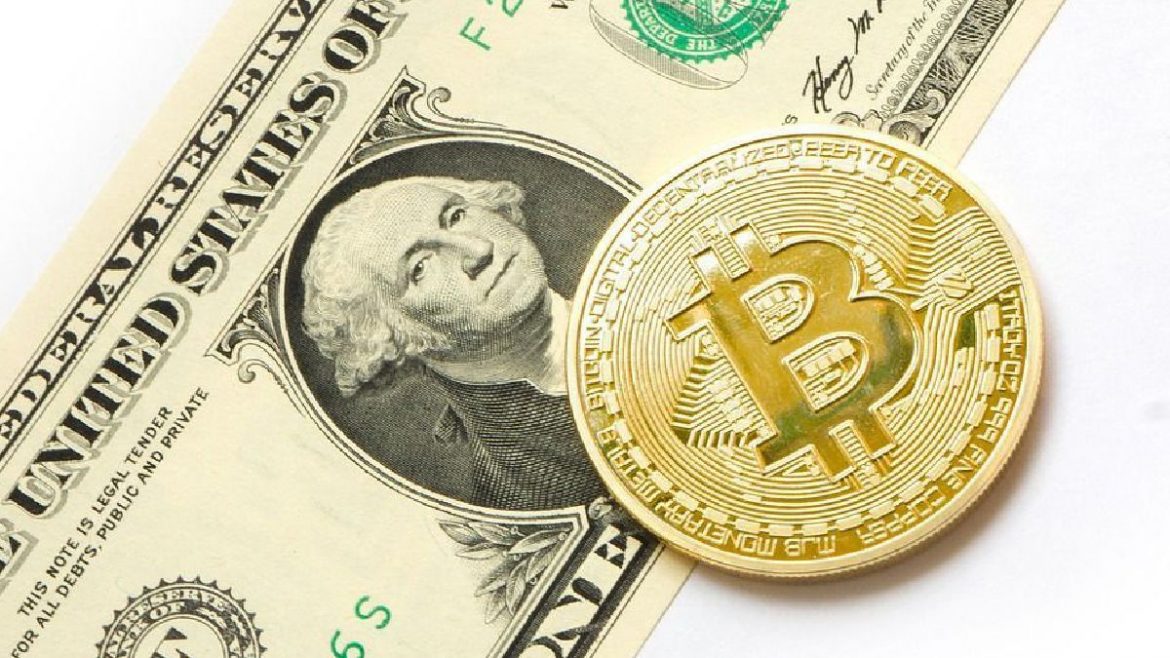The world has looked at the United States as a land of opportunity for almost eight decades now. The U.S. emerged as a superpower by the end of World War II and has since been the world’s leading economy. This may change soon with the impending US-China Trade war and the global cryptocurrency crisis. The U.S. has stifled operations of cryptocurrency exchanges for several years and leading global exchanges have opted not to serve U.S. citizens. The list keeps growing longer with prominent names like Bittrex International, Bitfinex and OKEx no longer serving U.S. residents.
While the blocking of U.S. customers has gathered steam over the past two years, the first notable event was Bitfinex’s announcement on August 2017. Bitfinex blamed crypto-fiat banking difficulties for the decision, and their press release declared that, “While we have been able to normalize banking for some corporate customers and individuals in certain jurisdictions, compliant banking solutions for U.S. individuals remain elusive. We expect the regulatory landscape to become even more challenging in the future.”
As curious as this exit may have seemed at the time, Bitfinex was not a leading platform for U.S. citizens. Poloniex followed suit and stopped offering trades in nine cryptocurrencies to U.S. customers, citing unclear securities legislation as the motivation. Another leading exchange, Binance recently launched a U.S.-only exchange that is compliant with all relevant regulations, so take heart – this isn’t a complete withdrawal of U.S. support.
Cryptocurrency and securities regulations have become a hot topic for debate in Congress. In the case of recent Libra hearings conducted by the Senate Committee, there is no clear end in sight. It can be deduced that the lack of clarity in cryptocurrency regulation is the reason why crypto exchanges and businesses are shying away from the United States. The lack of a transparent regulatory framework has put America’s cryptocurrency innovation at competitive risk while countries like Japan, Korea, Estonia, and Switzerland are taking over. Are these countries making headway where the U.S. is stalling?
While developing countries like India are on the verge of implementing a blanket ban on cryptocurrencies, there are various jurisdictions across Asia and Europe with far more crypto and fintech friendly regulations than the U.S. These countries are attracting talent from the U.S. in the field of fintech investment and crypto entrepreneurship.
Though the current situation presents a bleak picture of the regulatory condition, the crypto industry is hopeful that regulations will be in place soon. U.S. lawmakers are asking real questions this time and a creative approach may be the answer to ambiguity. Congress is currently considering many positive bills on blockchain and cryptocurrency. This could create a regulatory framework that encourages cryptocurrency businesses to return to the U.S. or to set up operations for the first time in the country. Relevant industry figures are hopeful that the U.S. government and legislature will come through with clear and workable crypto regulations sooner than anticipated. While Silicon Valley, in particular, continues to top the rest of the world for fintech VC funding, countries in Europe and Asia may start to outpace the U.S. in fintech funding and innovation in the future.
Why the US Crypto Revolution May Push Innovation Overseas
previous post
